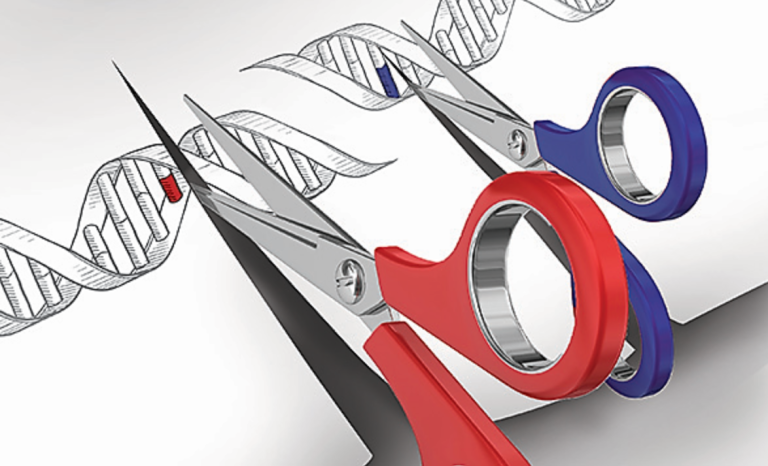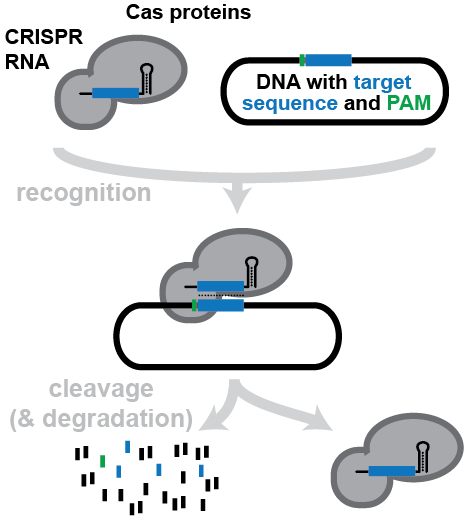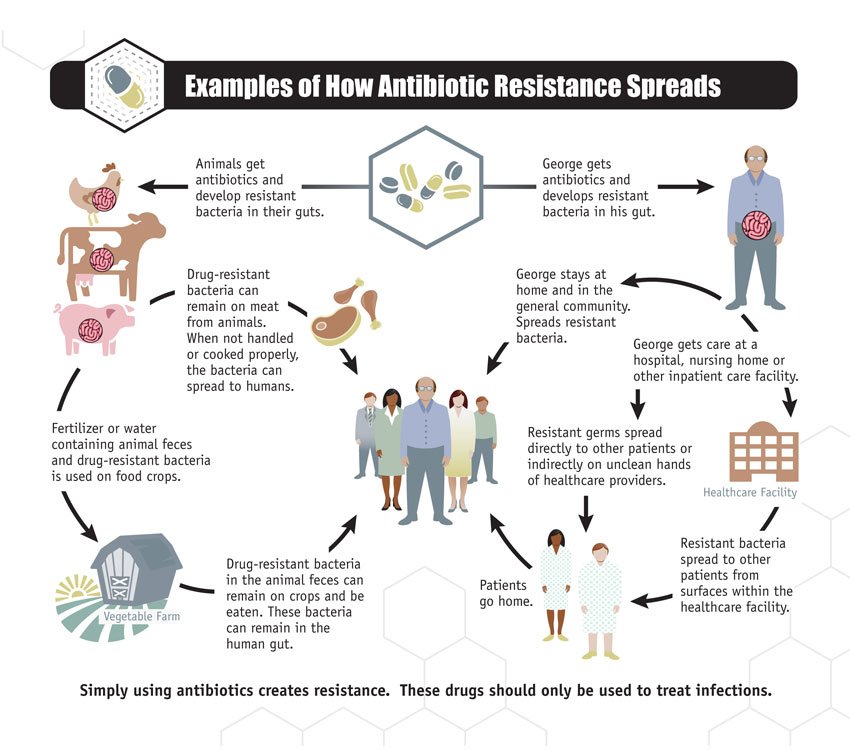
I have already written a post about CRISPR-Cas9, the revolutionary gene-editing method that has the potential to change humanity forever.
In short, this is how it works (Quote from my own post) :
"CRISPR-Cas9 (short for Clustered regularly interspaced short palindromic repeats) is a system for gene modification. With this new, revolutionary technology, you would be able to specifically change and edit sequences of your DNA. You could completely delete certain genes from a cell, or simply alter the amounts of it, or create a mutation inside a gene by changing the base pairs (tiny pieces of DNA)."
So this method is based on a protein called Cas9, and is currently the most popular use for CRISPR.

As revolutionary as this is, there might actually be another use for CRISPR, in combination with the protein Cas3!
Researchers from Locus Bioscience in North Carolina might have found a way to use it against antibiotic resistance.
What is CRISPR-Cas3 and how does it work?
Cas3 is an enzyme that can destroy certain parts of DNA.
It's similar to Cas9 since both can be programmed to target specific DNA - but the difference is that Cas9 cuts like a scalpel, and the cut can be repaired.
Cas3 on the other hand can chew up bacterial cells of targeted DNA until it's so damaged that it could never be repaired again.
Co-founder of Locus Bioscience, Paul Garofolo, explains the process similar to the popular video game PacMan, who eats small dots along his way:
“It comes in and it chews the target DNA so when a Pac-Man chews the chromosome it in turns kills the bacterium. (...)"“Cas3 is a meaner system and more cumbersome than Cas9, but if you want to cut a tree and get rid of it, you bring a chain saw, not a scalpel.”
-Paul Garofolo
The Problem with antibiotic resistance
When Penicillin first came up in the 1940's, it was a life-saver to millions of people and was treated as the new miracle cure for almost everything.
But over time, more and more kinds of bacteria have become resistant to popular antibiotics.
That's because there is a selective pressure for the survival of resistant bacteria: Those bacteria who are resistant to an antibiotic have a bigger change of surviving - since the other bacteria will be killed by the antibiotic.
While this process also happens naturally, it's currently enhanced by human action - antibiotics are being over-used and even abused in some cases.And it's getting worse:
Antibiotic resistance could become a very serious threat in the future.
There are already quite a number of of bacteria that have become resistant to current antibiotics, for example the so-called staph bacterium. You can infect yourself with it in hospitals, and about 2 out of 100 people already carry it. Untreated, this can lead to sepsis and death!Future Outlook with Locus
To fight this problem, Locus Biosciences hope to use CRISPR-Cas3 - they have already patented the new technology.
They are already in the process of receiving significant funds for the realization of this project, and they have a team of experts on their side: Barrangou, Co-Founder, was one of the scientists that helped Jennifer Doudna to found the CRISPR company Intellia. So he's already very experienced in the field of CRISPR.But of course, the technology is not quite ready yet ...
Before we can see this method in action, it has to be approved by the FDA first, and then needs to go through countless human trials.
But still, it has a lot of potential and could become very important in the fight against antibiotic resistance in the future!
Images: 1, 2, 3, 4, Sources: 1, 2, 3, 4
- Instagram -
© Sirwinchester


